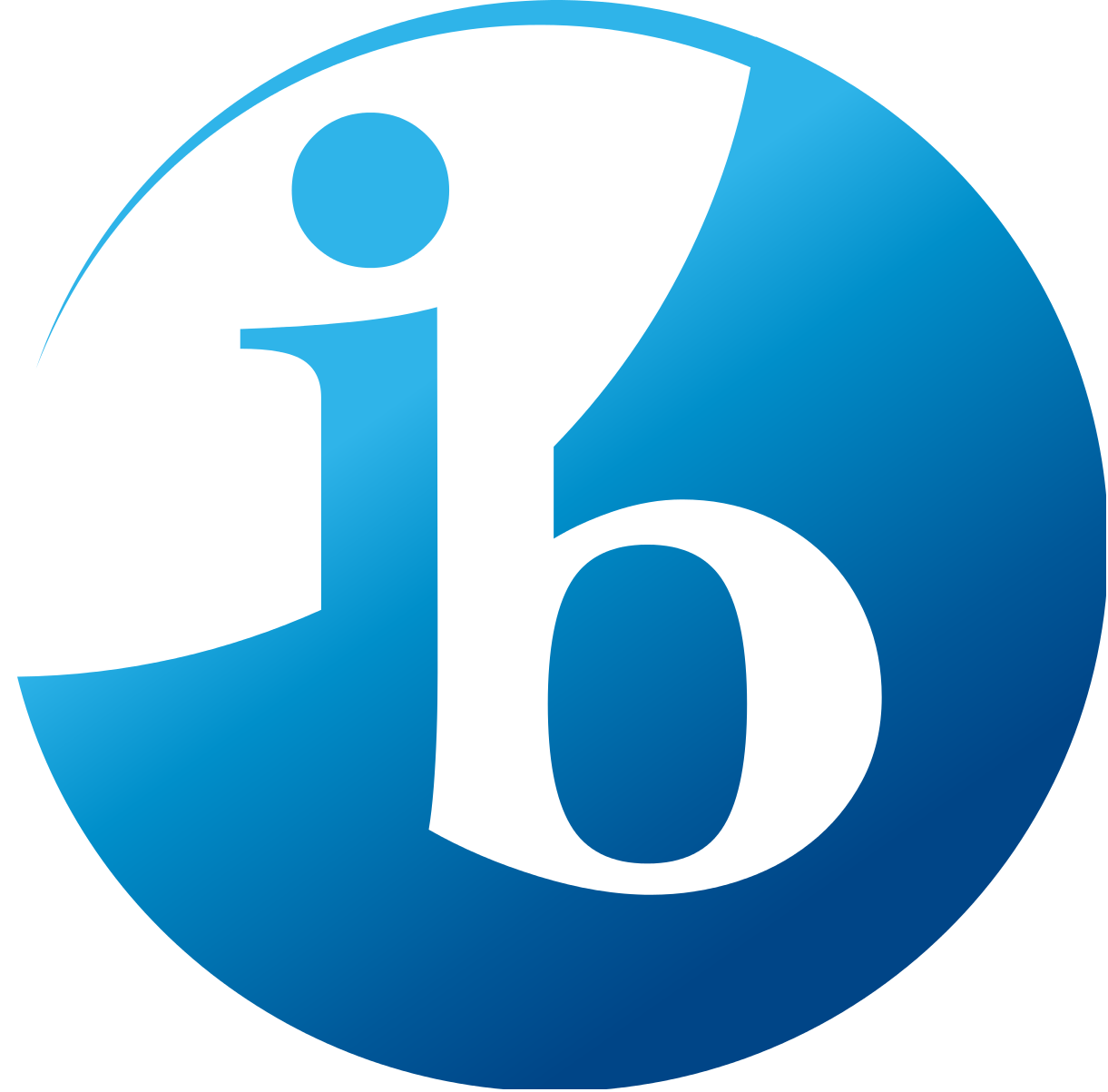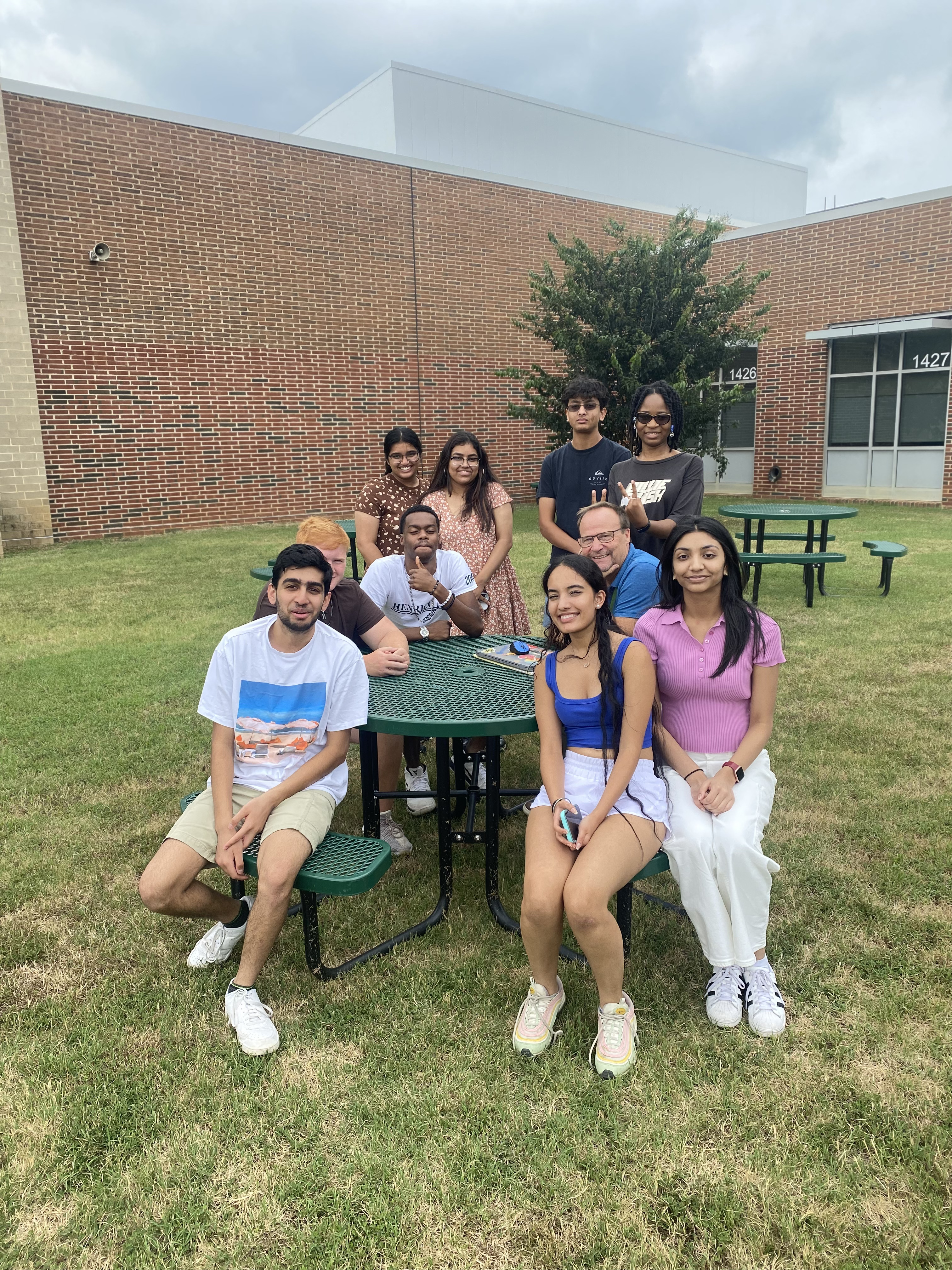What is the International Baccalaureate (IB)?
The International Baccalaureate Organization (IBO) is a nonprofit established in 1965 in Geneva, Switzerland to address the growing needs of the children of diplomats. It has since grown into four programs for ages K-12. IB programs are offered at over 5,500 schools in 160 countries (as of October 2022) and serve over 1.95 million students. West High is home to the IB Diploma Program (IBDP) and the IB Career-Related Program (IBCP), both recognized as some of the most highly respected high school academic programs in the world. The IB mission statement highlights the philosophy of all IB programs which sets it apart from other rigorous academic programs:
The International Baccalaureate aims to develop inquiring, knowledgeable and caring young people to create a better and more peaceful world through intercultural understanding and respect. To this end the IBO works with schools, governments and international organizations to develop challenging programs of international education and rigorous assessment. These programs encourage students across the world to become active, compassionate and lifelong learners who understand that other people, with their differences, can also be right.
The IB learner profile
The aim of all IB program is to develop internationally minded people who, recognizing their common humanity and shared guardianship of the planet, help to create a better and more peaceful world.
The IB learner profile represents 10 attributes valued by IB World Schools. We believe these attributes, and others like them, can help individuals and groups become responsible members of local, national and global communities.
INQUIRERS
We nurture our curiosity, developing skills for inquiry and research. We know how to learn independently and with others. We learn with enthusiasm and sustain our love of learning throughout life.
KNOWLEDGEABLE
We develop and use conceptual understanding, exploring knowledge across a range of disciplines. We engage with issues and ideas that have local and global significance.
THINKERS
We use critical and creative thinking skills to analyze and take responsible action on complex problems. We exercise initiative in making reasoned, ethical decisions.
COMMUNICATORS
We express ourselves confidently and creatively in more than one language and in many ways. We collaborate effectively, listening carefully to the perspectives of other individuals and groups.
PRINCIPLED
We act with integrity and honesty, with a strong sense of fairness and justice, and with respect for the dignity and rights of people everywhere. We take responsibility for our actions and their consequences.
OPEN-MINDED
We critically appreciate our own cultures and personal histories, as well as the values and traditions of others. We seek and evaluate a range of points of view, and we are willing to grow from the experience.
CARING
We show empathy, compassion and respect. We have a commitment to service, and we act to make a positive difference in others' lives and in the world around us.
RISK-TAKERS
We approach uncertainty with forethought and determination; we work independently and cooperatively to explore new ideas and innovative strategies. We are resourceful and resilient in the face of challenges and change.
BALANCED
We understand the importance of balancing different aspects of our lives - intellectual, physical, and emotional - to achieve well-being for ourselves and others. We recognize our interdependence with other people and with the world in which we live.
REFLECTIVE
We thoughtfully consider the world and our own ideas and experience. We work to understand our strengths and weaknesses in order to support our learning and personal development.
IB The Difference is in the Core!
Other than IB providing and requiring us to meet rigorous international requirements and standards, IB provides students the opportunity to become experts in their areas of interest through the IB Core. The core aims to create a holistic curriculum that will create well-rounded, globally aware and locally active life-long learners.
Experiential Learning: This component, called Action and Service in the Middle Years Program and Creativity Action and Service in the Diploma Program, provides students with hands on learning experiences using what IB calls “the design cycle.” This cycle codifies investigative techniques students will use throughout their lifetimes. By tackling a problem or a goal through researching possibilities, designing approaches, planning strategies, creating new things, and then evaluating how well the product or process went, students are equipped to face their academic, professional and personal futures. Students demonstrate and document aspects of the design cycle by making goals that also address eight learner outcomes: increasing awareness, undertaking challenges, planning and initiating activities, working collaboratively, showing perseverance, engaging with global issues, considering ethical implications, and developing new skills. This core aspect is required in both the Middle Years and Diploma Programs.
The Personal Project: Using the same design cycle introduced through Action and Service, students begin a Personal Project in grade nine and finish it in grade ten. The project may take many forms – original art, drama, dance, music or literature; a research project; a scientific experiment; an invention or specially designed object or system; or an entrepreneurial or philanthropic project. Students have a supervisor and receive support through their academic classes as well as weekly seminar. Students are required to complete the Personal Project as a culmination of their MYP experience and as an entrance requirement to the Diploma Program.
Theory of Knowledge: TOK is the capstone course in the Diploma Program and the IB experience. In this two year course, students pursue understanding the great questions of the human condition by identifying ways of knowing, definitions of knowledge, knowledge questions, ways in which knowledge is verified and organized, areas of knowledge, and ethical implications of knowledge. In a course in which the world is their textbook, students learn to analyze critically knowledge claims as well as their underlying assumptions and implications. Through a broad array of experiences, students study how to communicate effectively and efficiently in both written and oral media. The TOK assessments, the exhibition and the essay, are required for students pursuing the IB Diploma.
The Extended Essay: Just as the Personal Project is the culminating project of the Middle Years Program, the Extended Essay is the core component of the Diploma Program. Beginning in their junior year, students embrace a topic of their choosing in an IB approved subject area. Students engage in high-level research and even experimentation on this topic in order to produce a 4000- word independent essay which analyzes their chosen topic. Subjects range from literature to history, from chemistry or biology or business, from world religions to politics. Just as with the Personal Project, students are supervised and supported by individual teacher supervisors, as well as through Theory of Knowledge and in weekly seminar. The Extended Essay is a requirement for the IB Diploma.
The Reflective Project: A core component, and the capstone project of the Career-related Program (CP), it is designed to encourage students to engage in a thorough exploration of an ethical issue related to their career studies. This project fosters critical thinking, independent research, and reflective skills, as students analyze and evaluate the issue from multiple perspectives. Through the Reflective Project, students demonstrate their ability to synthesize knowledge, make reasoned arguments, and communicate effectively, preparing them for future academic and professional challenges. The Reflective Project is a requirement for the IB Career Certificate.

